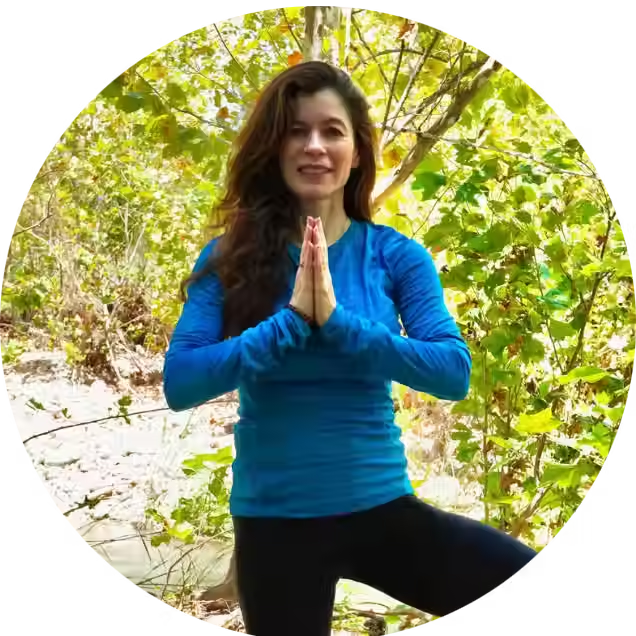Gratitude – Beneficial and Transcendental
- Lane Igoudin
- Dec 9, 2021
- 3 min read
Updated: Dec 10, 2021
Recently, I came across a startling teaching from Rabbi Menachem M. Schneerson (the Lubavitcher Rebbe). His follower once wrote to him, complaining about the hardships of supporting a large family in Jerusalem. Instead of commiserating with him, the Rebbe congratulated him on the blessing of being married, having children, and living in the city holiest to Jews, and noted: “The fact that you do not appreciate and thank G-d for what He has already given you is keeping Him from giving you more.”
I know I can’t speak for the Lord, but I can certainly see the Rebbe’s point. Gratitude doesn’t ignore life’s challenges. But it deserves a rightful place next to them.
With so many blessings we already have, why focus only on the needs, on the things we lack? Are we somehow entitled to all these blessings?
In our morning prayers, we praise the Creator for giving us all we need to survive: soul, physical health, clothes, freedom. Praying the morning prayer reminds us that all we need is already here. The world is here. Do we appreciate enough what we have – before we ask for more?
Gratitude throws our hearts open to the world. Like a sudden turn of the spotlight, it diffuses the limiting, unsatisfying, and self-serving focus on the negative to illuminate what G-d, the universe, and other people have done for us, how they have sustained us, and how without their presence in our life, our life itself is without meaning.

The Many Benefits of Gratitude
According to Yeshiva University psychologist Debra Alper, PhD, contemporary research findings show that gratitude produces more positive benefits to mental health and life satisfaction than the character traits of optimism, hope, and compassion.
Even trauma, she notes, can be a source of gratitude as part of the so-called post-traumatic growth. Overcoming a painful event prompts us to feel thankful for our survival and well-being. “From suffering grows meaning, when we can recognize the sparks of goodness that still exist even amidst our pain.”
Gratitude researcher Robert Emmons, professor of psychology at the University of California,
Davis, describes gratitude as a two-step process.
The first step is acknowledging and appreciating good things we have received. “This doesn’t mean that life is perfect,” he writes, “it doesn’t ignore complaints, burdens, and hassles. But when we look at life as a whole, gratitude encourages us to identify some amount of goodness in our life.”
After that comes acknowledging and appreciating the sources of all these gifts and benefits – those external sources that have benefited us. Those sources could be people, nature, fate, and for a spiritual person, first and foremost, G-d, from whom all blessings flow, and who, to quote again from the morning prayers, is “faithful to us beyond all measure.”
This grateful attitude stands in contrast to the attitude of selfishness in which everything we are given is taken for granted. And this appreciation of the gifts and the givers leads to a deeper sense of satisfaction with our lives. Ultimately, one can have a lot and be oblivious to his luck, and thus unhappy, while another might have little but truly appreciate it.
What to Be Grateful for?
Gratitude is the theme of this year’s fall practice period (‘Ango’) at Zen Center Los Angeles where I practice. Be grateful, our guiding teacher urges us for many things, including –
“your innate capacity to return to this moment, here, now.”
“knowing a method that you can return to at any moment to be present—mindfulness, breath,” to which I’d add ritual and prayer!
“recognizing ego-centeredness when it arises and grateful for the capacity to move beyond thinking”
It’s important to be thankful not for abstract concepts but for something that is specific and meaningful at this very moment. My Zen teacher asked me, for instance, what I feel thankful for in these extraordinary pandemic times. Thinking through it carefully, I realized that it would be:
The spiritual teachers that I learned from in the last 2 years, some that I knew and some I just met, all of whom have shaped my understanding of the world in times of change and uncertainty.
The chance to experience whatever happened to me during this time, rather than regretting what these two years have failed to accomplish.
Maybe it’s that post-pandemic, post-traumatic growth experience that makes me appreciate more what I have. Love, life, health, sustenance, I’ve learned, are never a given. Let’s receive them with thanks.
------------
Lane Igoudin, M.A., Ph.D., is professor of English and linguistics at Los Angeles City College. He regularly blogs for Applied Jewish Spirituality and produces Blessing the Sea, a monthly newsletter on Jewish mindfulness. For more information, please visit his website.



